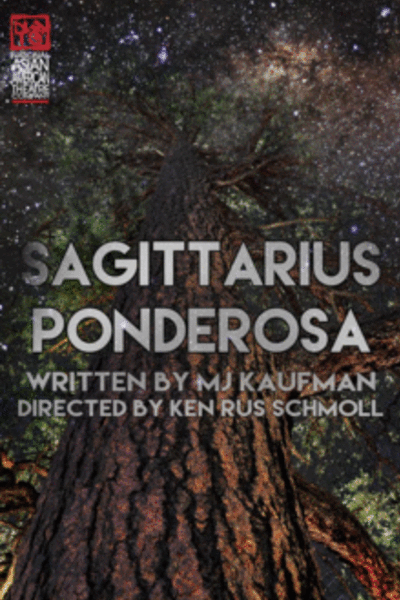
Critic Reviews (5)
"Unearthly elements suffuse 'Sagittarius Ponderosa,' which is also a domestic drama. That’s a tricky combination to pull off, and a challenge that almost entirely eludes this flat, disjointed production. A large part of the problem is the alley-style staging...This is an intimate, slow-paced play, and if we can’t see characters’ faces at significant moments then we are locked out of that intimacy...The production has some superb elements...Mostly, though, the production fails the play."
Read more
"The director, Ken Rus Schmoll, handles this delicate material with the sensitivity it requires. But if the prevailing mood of melancholy, occasionally interspersed with laughter, is well-established, the action rarely rises to the level of drama. Time passes, events unfold, but there is a striking absence of conflict that makes 'Sagittarius Ponderosa' ultimately more pleasant than gripping...Still, in a play in which the unspoken is of particular importance, the entire cast does well."
Read more
"This dreamy, short family drama is winningly performed by an Asian-American cast and is dynamically presented...Kaufman’s dialogue is a wonderful combination of simplicity and the poetic. The characters all grandly express themselves with mystical overtones. Most crucially Kaufman endows them all with tremendous warmth and humanity...Director Ken Rus Schmoll has also superbly coordinated the production’s superior design components into an enthralling presentation."
Read more
"Schmoll's direction and Kimie Nishikawa’s scenic design try to fuse traditional Japanese theatrical forms with the play's Western tone, but the result is tonally disjointed...This direction feels like an unnecessary reminder of the company's 'Asian-ness,' and a tack-on that distracts from the story rather than serving it...There are other aspects of 'Sagittarius Ponderosa' that make the one-act worthwhile...The intersectional representation of trans Asian Americans is all too rare."
Read more
"Even though Kaufman sets 'Sagittarius Ponderosa' squarely within an Asian-American family, each of these stories is universal...Katigbak’s portrayal of the devastated wife is extremely touching...The challenge with Kaufman’s writing in 'Sagittarius Ponderosa' is the short, stilted scenes, which seem more appropriate for television than the stage...With audiences on two sides of a central playing area, it doesn’t lend itself well to scene changes."
Read more




